MercoPress. South Atlantic News Agency
Argentina
-
Friday, November 18th 2011 - 06:11 UTC
Argentine economic activity expands at steady pace, but signs of cooling

Argentine economic activity grew at a steady pace in October but there are signs that growth will cool in the coming months, local consultants Orlando J. Ferreres & Asociados, OJF, said Thursday.
-
Friday, November 18th 2011 - 05:27 UTC
Peugeot and GM Argentina promise not to remit dividends for two years

The French auto consortium Peugeot-Citröen agreed with the Argentine government not to remit earnings during two years (2011/2012), approximately 50 million dollars announced Argentine government sources.
-
Thursday, November 17th 2011 - 07:04 UTC
Top banker forecasts ‘dollar run’ in Argentina will dissolve: plenty of reserves
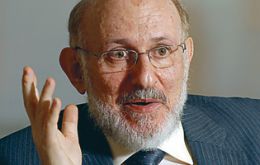
The former head of the Argentine Central Bank, Mario Blejer assured on Wednesday that in the exchange market “tension has been created which will only start to dissolve as and when we minimize the analysis of the subject.”
-
Thursday, November 17th 2011 - 03:49 UTC
Uruguay denies access to Malvinas-bound Royal Navy vessels to please Argentina
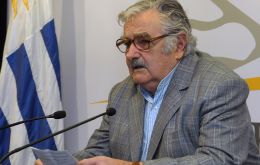
Uruguay had to stand up to a world power and deny dock access to a Royal Navy vessel on its way to the Falklands/Malvinas to retain good relations with Argentina, admitted the Uruguayan President Jose Mujica in Guadalajara where he met with members of the Uruguayan colony in Mexico.
-
Thursday, November 17th 2011 - 01:32 UTC
Argentina cuts utilities subsidies to large companies and high-income households
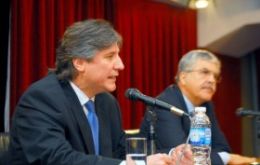
Argentina announced Wednesday a further adjustment to its extended public utilities (electricity, water and gas) subsidies policy and this time the cuts will apply to large companies and high income households.
-
Wednesday, November 16th 2011 - 14:28 UTC
Argentina’s main airports activity back to normal, except for Aerolineas
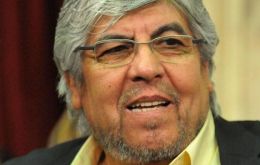
Argentina’s flag carrier Aerolíneas Argentinas flights were still backed up Wednesday morning, due the weekend’s union conflicts, in addition to the volcanic ash cloud spewed by Chile’s Pueyhue volcano last week.
-
Wednesday, November 16th 2011 - 05:14 UTC
Argentine Vice President elect urges Latam countries to use local currencies
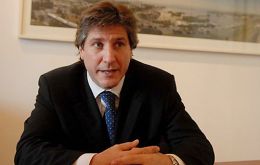
Argentine Economy Minister and Vice-President elect Amado Boudou urged Latin American countries to increase the use of local currencies in regional trade instead of depending on other currency such as the dollar.
-
Wednesday, November 16th 2011 - 05:11 UTC
US will “keep reminding” Argentina it must comply with international obligations

The administration of President Barak Obama reaffirmed its decision to “keep reminding” Argentina of the need to comply with its international obligations as well as the importance of upholding an investment climate ‘transparent and fair’ that includes paying creditors, points out a piece from Buenos Aires La Nacion correspondent in Washington.
-
Wednesday, November 16th 2011 - 00:34 UTC
Argentina tells Uruguay it will not accept surplus Pesos from the summer season
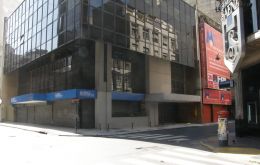
Argentina will not take back the millions of Pesos that thousands of tourists spend in neighbouring Uruguay during the summer season. That was the reply to a request from Uruguay’s largest bank branch in the City of Buenos Aires, according to banking sources in Montevideo.
-
Tuesday, November 15th 2011 - 06:50 UTC
Argentine forex market volatility calming but fears remain as to next steps

Argentina's central bank cut dollar reserve requirements after bank deposits plunged 645 million dollars last week following the government's moves to restrict foreign exchange purchases in an attempt to reduce capital flight.
